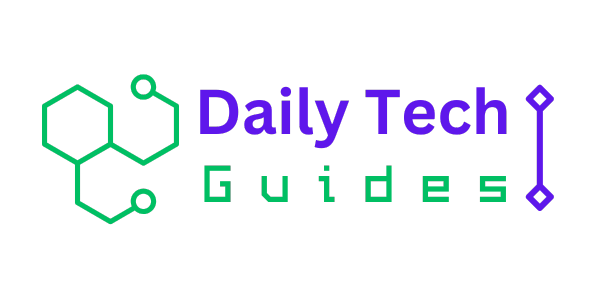Unimed Medical’s ETCO2 Sensor: The Trusted Choice for Critical Care

When it comes to critical care, every second counts. The accuracy of patient monitoring devices can mean the difference between life and death. In this context, the ETCO2 sensor is a trusted choice for clinicians worldwide. This blog will explore the critical features of Unimed Medical‘s ETCO2 sensor and why it has become a preferred choice for urgent care.
What is ETCO2 monitoring?
End-tidal CO2 (ETCO2) monitoring is a noninvasive method of measuring the concentration of carbon dioxide (CO2) at the end of a patient’s exhaled breath. ETCO2 monitoring has become a standard practice in critical care because it provides valuable information about a patient’s respiratory status, metabolism, and cardiac output. ETCO2 monitoring can detect changes in the patient’s condition early, allowing clinicians to intervene before a critical event occurs.
What makes Unimed Medical’s ETCO2 sensor unique?
Unimed Medical’s ETCO2 sensor is a reliable and accurate tool for continuously monitoring ETCO2 levels in critical care. Its key features include:
Easy to use: The Unimed Medical ETCO2 sensor is designed for easy setup and operation, minimizing the risk of errors during critical procedures.
High accuracy: The sensor provides precise and stable measurements of ETCO2 levels, ensuring clinicians can make informed decisions based on accurate data.
Compact and lightweight: The sensor’s compact size and lightweight design make it easy to use in a variety of settings, including emergency departments, operating rooms, and intensive care units.
Durability: The sensor is designed to withstand the demands of critical care environments, including frequent use and exposure to harsh chemicals.
Compatibility: The Unimed Medical ETCO2 sensor is compatible with most patient monitoring systems, allowing clinicians to integrate it seamlessly into their existing workflows.
Conclusion
In conclusion, the Unimed Medical ETCO2 sensor is a trusted choice for critical care. Its ease of use, high accuracy, compact size, durability, and compatibility with most patient monitoring systems make it an essential tool for clinicians worldwide. By providing reliable and accurate measurements of ETCO2 levels, the sensor helps clinicians make informed decisions that can save lives.





